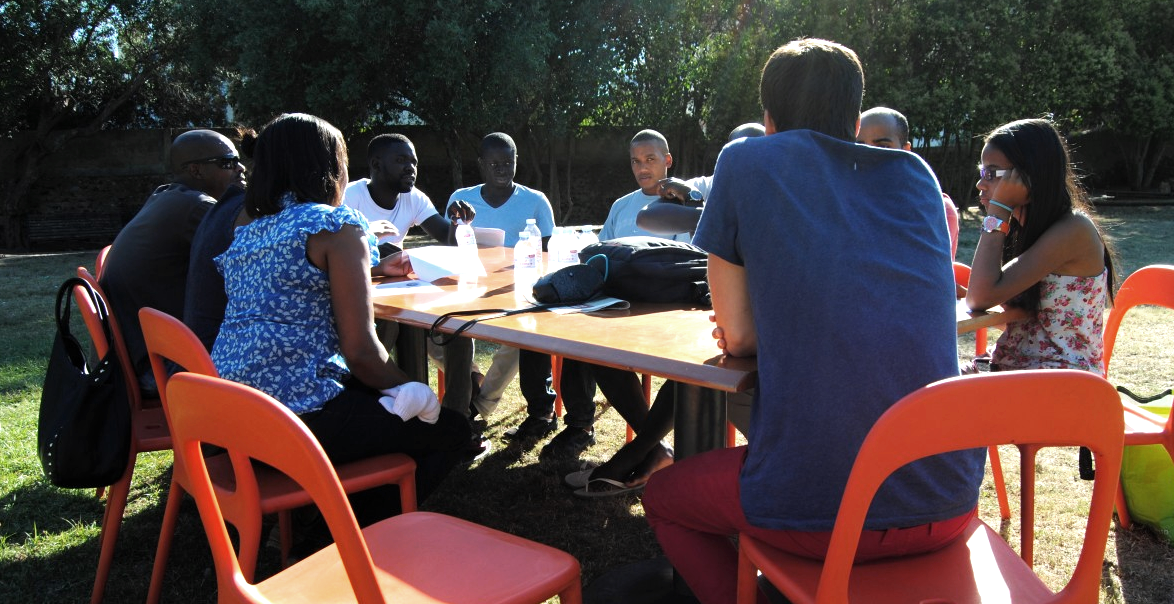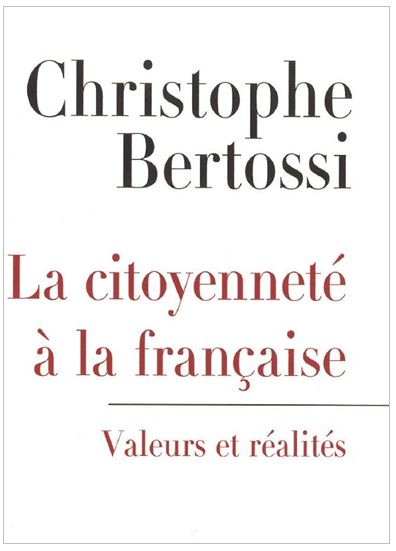A Citizenship Without Borders? Engagement of Descendants of Immigrants

Practical information
While the younger generation is often described in a pessimistic light as being disillusioned, disengaged, apolitical and individualist, paradoxically, the issue of youth engagement has never been as present as it is today in the public debate. The amount of research conducted on the topic has also multiplied over the past few years. However, a closer look reveals that very few studies have focused more precisely on engagement practices that target young people with immigrant backgrounds.

Immigration, integration, citizenship, identities… These terms are omnipresent in the public space and media scene. When these notions come across with the issue of youth engagement, this often results in a logic that opposes “engagement over there” against “integration over here”. In other words, engagement beyond national borders would automatically lead to a deficit of integration in the country of residence.
Recent studies point out the importance of moving beyond this bipolar debate in order to shed light on the accumulation of identities of young people with immigration backgrounds and multiple forms of belonging between countries of origin and countries of residence.
An engagement mechanism of descendants of immigrants lies at the intersection between events that occur in their countries of origin and/or their countries of residence, and events that occur in a family or intimate setting. Far from excluding one another, multiple cultural identities add to each other and reinforce each other so as to build a citizenship that are more characterized by transnational engagement and are likely to favor a stronger community involvement at a local level.
Speakers:
Lila Belkacem, Associate Professor, Paris-Est Créteil Val-de-Marne University (UPEC), ESPE de Créteil, LIRTES, OUIEP
Laurent Lardeux, Study and Research Director, National Institute of Youth and Popular Education (INJEP)
Rafaël Ricardou, Project Coordinator, Research and Action Group for Rural Development (Groupe de recherches et de réalisations pour le développement rural, GRDR)
Mirna Safi, Research Director, Sciences Po
Catherine Wihtol de Wenden, Emeritus Director of Research, French National Centre for Scientific Research (CNRS)
Christophe Bertossi, Director of the Centre for Migration and Citizenship, IFRI
In partnership with the National Institute of Youth and Popular Education (INJEP)
Find out more

Les doubles nationaux, enquête sur les nouveaux entrepreneurs au Maroc
A partir d'une enquête de terrain réalisée au printemps 2010, cette étude part d'un constat empirique : des Marocains vivant dans un pays du Nord (France, Suède, États-Unis, Canada) et qui, pour certains, y sont nés et y ont toujours vécu, décident de s'installer définitivement au Maroc pour créer leur propre structure entrepreneuriale ou y exercer une activité salariée.

Citizenship in the French Tradition. Values and Realities
Citizenship is a major issue in public debates when it comes to immigration in France. Passionate talks illustrate the current disagreements on the meaning of value such as “laïcité”, “universalism”, “equality”, “community” and on the way these should apply in social and political life.
Other events

Paris Naval Conference 2026: Naval Rearmament and Operations in Contested Waters
This fourth edition of the Paris Naval Conference (CNP), bringing together high-level military, industrial, and academic speakers, will address the challenges associated with general naval rearmament and naval operations in increasingly contested environments.

Is Fusion Coming Faster and Cheaper than Expected?
ITER was for long time the embodiment of fusion as an international, long standing R&D cooperation objective to seek a new way to produce safe, low carbon and abundant low carbon electricity. Yet over past years, fusion start ups, several governments and investors have decided to push fusion R&D and deployment to complement ITER. Major efforts are ongoing notably in the United States, China, Germany, Italy.






